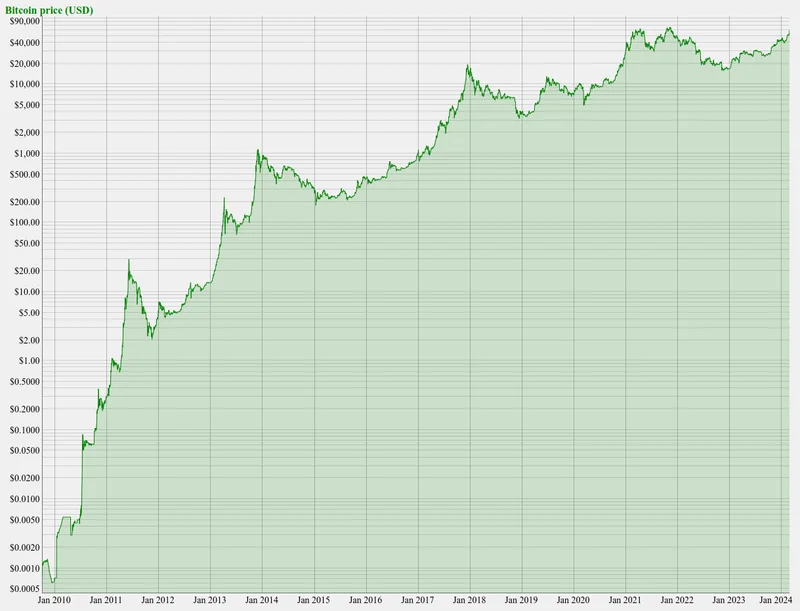Okay, folks, buckle up. I know, I know, the headlines aren't exactly screaming "sunshine and rainbows" when it comes to stablecoins these days. I saw one that called the recent stablecoin legislation the "GENIUS Act," dripping with sarcasm, hinting at a coming financial meltdown. And, honestly, reading through the details, I get the skepticism. Are we really setting ourselves up for another 2008-style disaster, but this time fueled by crypto? It's a valid question, but let's flip the script for a second, alright? What if this "mistake" is actually the catalyst for something incredible?
See, everyone's hyper-focused on the potential downsides – the lack of deposit insurance, the risk of bank runs, the potential for illicit activity. And yeah, those are real concerns, no doubt. But what if the very flaws in this system force us to build something better? I'm talking about a truly decentralized, transparent, and resilient financial infrastructure that can withstand the storms.
The Accidental Revolution
Think about it: the current system is riddled with inefficiencies and gatekeepers. Sending money across borders is still a pain, and traditional banks are slow to innovate. Stablecoins, despite their risks, offer a glimpse of a world where money moves freely and instantly. The GENIUS Act, for all its shortcomings, at least acknowledges the potential and tries to create some kind of regulatory framework.
Now, picture this: a world where stablecoins are truly stable. Not because of some government guarantee or centralized authority, but because of the underlying technology. Imagine decentralized autonomous organizations (DAOs) managing stablecoin reserves, with every transaction and decision transparently recorded on a blockchain. We would see exactly where the money is, how it's being used, and who's benefiting. This is the essence of what is bitcoin cryptocurrency.
That's the promise of decentralized finance (DeFi), and stablecoins are the bridge that can take us there. It's not about replacing the existing system overnight, but about building an alternative that's more inclusive and accessible. What is a bitcoin, really? What is cryptocurrency? It’s a movement towards more financial freedom.
Of course, this isn't going to be easy. We need better regulation, stronger security protocols, and a whole lot of education to get people comfortable with the idea of decentralized finance. But the potential rewards are enormous. We're talking about a financial system that's more resilient, more transparent, and more equitable than anything we've ever seen before.

And here's where I get really excited. This isn't just about finance; it's about empowering individuals and communities. Imagine a world where anyone, regardless of their location or background, can access financial services and participate in the global economy. That's the power of crypto, and stablecoins are the key to unlocking it.
I saw a comment on Reddit the other day that perfectly captures this sentiment: "Stablecoins are like training wheels for the masses to get comfortable with crypto. Once they see the potential, they'll be ready to ride the real bike." I couldn't agree more.
This whole situation reminds me of the early days of the internet. Remember all the skepticism and fear? People worried about online scams, data breaches, and the loss of privacy. But despite all the challenges, the internet has revolutionized the way we communicate, learn, and do business. I believe crypto, and stablecoins in particular, have the potential to do the same for finance. As recent reports indicate, the Bitcoin rout continues as the cryptocurrency falls to lowest level since April: CNBC Crypto World, highlighting the volatile nature of the crypto market.
But with all this optimism, a word of caution is necessary. We, as a community, must approach this technology with a sense of responsibility. We need to be mindful of the potential risks and work together to build a system that's safe, secure, and beneficial for everyone.
A Chance to Rebuild Trust
So, what's the bottom line? Yeah, the GENIUS Act might be a bit of a mess. And yeah, there are definitely risks associated with stablecoins. But I truly believe that this is an opportunity to build something extraordinary. A financial system that's more transparent, more accessible, and more resilient than anything we've ever seen before. And when I think about the possibilities, I honestly get chills. It's the kind of breakthrough that reminds me why I got into this field in the first place.
